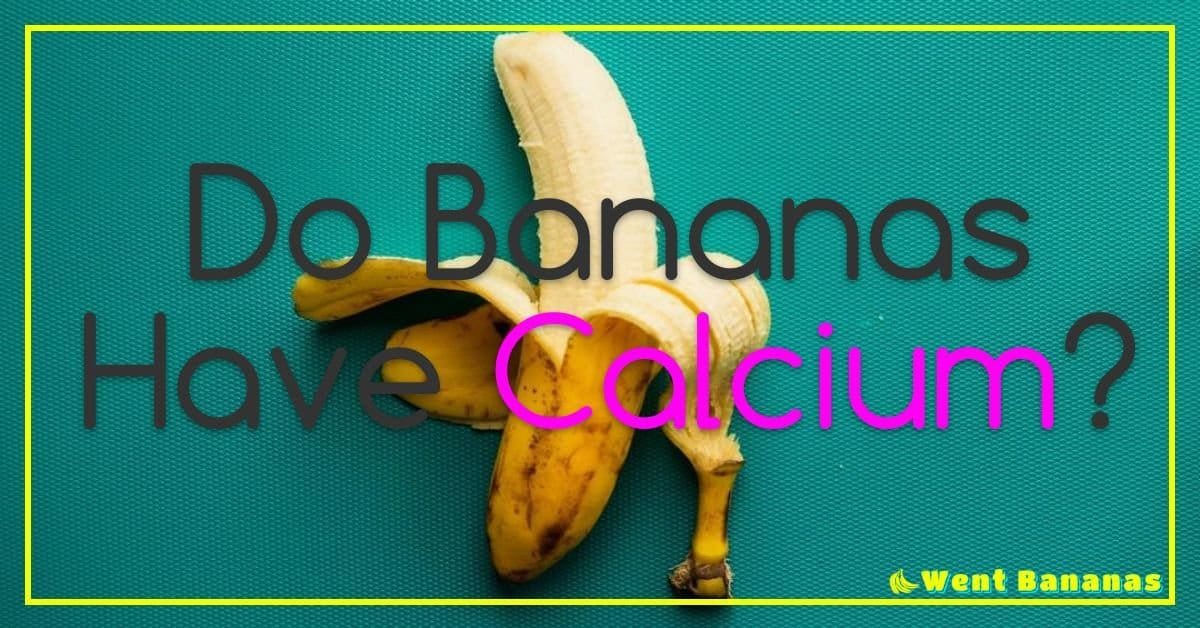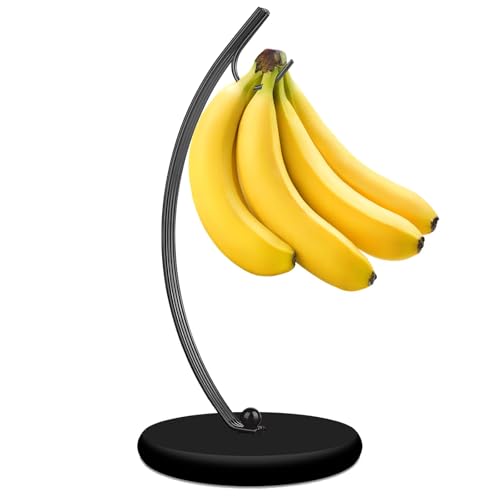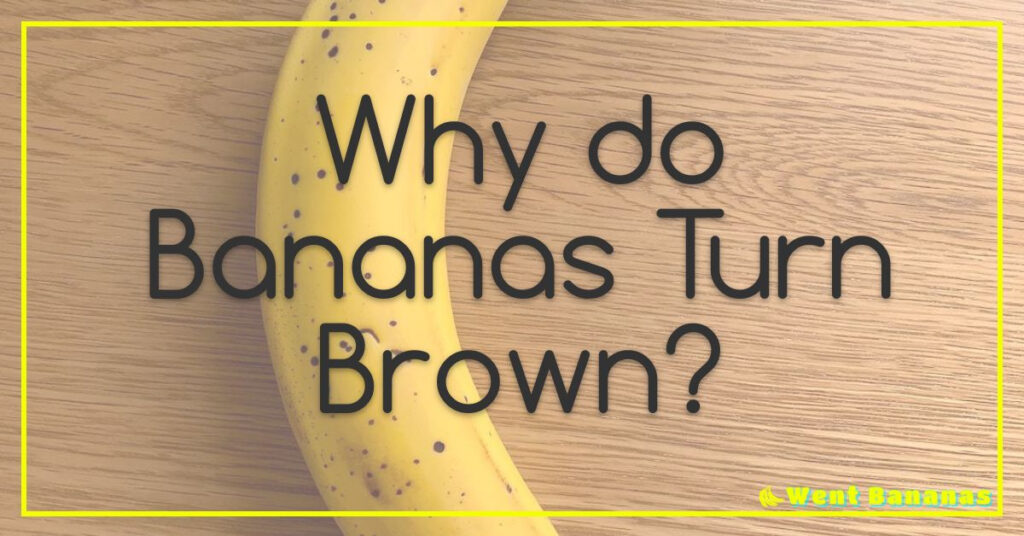Whether you’re looking to add more calcium to your diet or just curious if bananas contain this important mineral, you’ve come to the right place.

In this article, we’ll take a look at what calcium is, where it comes from if bananas contain it, and how much calcium is in a banana.
Plus, if you’re seeking other sources of calcium, we’ll explore that too! So if you’re curious about calcium and bananas, keep reading to learn more.
What Is Calcium?

Calcium is an essential nutrient for the human body, playing a vital role in forming and maintaining bones and teeth. It is also involved in muscle contractions and nerve impulse transmissions, ensuring the proper functioning of the heart, muscles, and nerves.
Calcium can be found naturally occurring in dairy products, some types of green leafy vegetables (spinach), nuts (almonds) as well as canned fish with edible bones such as sardines or salmon.
Additionally, it can be taken on its own as a dietary supplement.
Given that eating foods containing calcium is not always possible or desired by many individuals due to various reasons such as allergies or religious beliefs – supplements provide an alternative way to ensure adequate intake of this important nutrient in our diets without causing any harm to our bodies when taken correctly according to the directions given on each product label.
Furthermore taking calcium supplements regularly may help prevent osteoporosis particularly among women over 50 years old after menopause since they tend to suffer from greater bone loss than men during these stages due their hormonal changes which have been proven affect their ability absorb minerals like calcium from food sources alone .
Where Does Calcium Come From?
Calcium is an essential mineral that our bodies need in order to function properly. It plays a vital role in the development of bones, teeth and muscles, as well as aiding with cell communication and hormone regulation.
Calcium can be found naturally occurring in many different sources including dairy products such as milk, cheese, and yogurt; cruciferous vegetables like broccoli or cauliflower; fish such as sardines and salmon; legumes including beans and lentils; nuts like almonds or walnuts; dark leafy greens like spinach or kale; fortified cereals & juices. Additionally, calcium supplements are available for those who do not get enough from diet alone.
In addition to dietary sources of calcium, it also comes from natural water sources such as rivers lakes ponds, and wells. The amount varies depending on the source but typically contains up to 75 milligrams per liter.
In some cases this can be even higher if there are limestone deposits nearby that leach into the local watersheds providing additional amounts of calcium dissolved minerals which may make their way back into our drinking water supplies .
Do Bananas Have Calcium?
Although bananas are a popular and nutritious fruit, they do not contain calcium. The calcium content of food is typically determined by the presence of certain minerals in them, but bananas only have trace amounts.

However, that does not mean that you cannot reap any health benefits from eating this delicious fruit. Bananas contain other essential vitamins and minerals such as magnesium, potassium and vitamin C which are important for overall physical well-being. Additionally, they can be an excellent source of dietary fiber which promotes gastrointestinal health.
While bananas lack calcium on their own, adding them to your diet alongside other sources rich in this mineral can help support strong bones or even reduce symptoms associated with some medical conditions related to low levels of calcium (such as osteoporosis).
In addition to foods like dairy products or fortified cereals enriched with additional nutrients including calcium; pairing your balanced meals with healthy snacks such as bananas will provide you with all the nourishment necessary for optimal functioning without compromising taste!
How Much Calcium Is in a Banana?
Bananas are a great source of calcium, with about 14 mg per 100 g serving. This is approximately 1% of the daily recommended intake for adults (1,000-1,200 mg). Calcium plays an important role in bone health and helps our bodies absorb other minerals such as iron and zinc.
Additionally, it can help to regulate nerve signals within the body as well as muscle contractions.
Although bananas contain relatively small amounts compared to some other sources such dairy foods like cheese or yogurt; when eaten regularly they still contribute significantly towards overall calcium levels needed each day by providing essential micro-nutrients that are beneficial for both children’s growth and adult maintenance diets alike.

Finally eating bananas provides additional benefits due to its fibre content which helps digestion while also providing antioxidants that protect cells throughout the body from damage caused by free radicals found in environmental pollutants or even stress related activities.
Other Sources of Calcium Besides Bananas
There are many other sources of calcium besides bananas that can help you meet your daily recommended intake.
Dairy products such as milk, yogurt, and cheese are excellent sources of calcium as they contain high amounts of the mineral in a readily-absorbable form. Other good options include leafy green vegetables like kale or turnip greens; almonds, sesame seeds and sunflower seeds; tofu made with calcium sulfate; canned fish with edible bones like salmon or sardines; dried figs and okra.
You can also get supplemental forms of this essential nutrient through fortified foods such as orange juice or cereal bars that have been enriched with extra calcium to make sure you’re getting enough into your diet each day!
Final Thoughts
It is clear that bananas are an excellent source of calcium and provide important vitamins and minerals. Eating a banana every day can help maintain your body’s healthy levels of calcium, aiding in reducing the risk of low bone mass or osteoporosis.
However, there are other great sources of dietary calcium out there such as dairy products, leafy greens like spinach and kale, tofu made with fortified soy milk, nuts & seeds, legumes/beans – to name just a few!
Be sure to take into consideration these alternative foods for getting more calcium when you’re putting together meal plans for yourself or your loved ones!
















